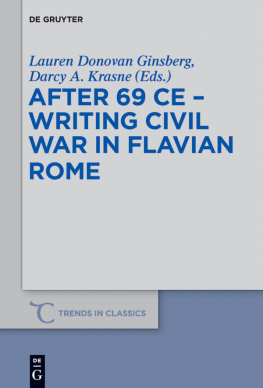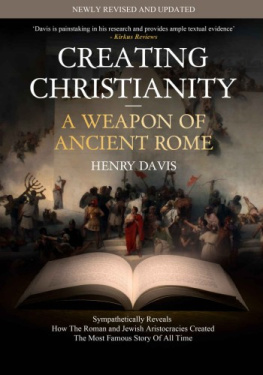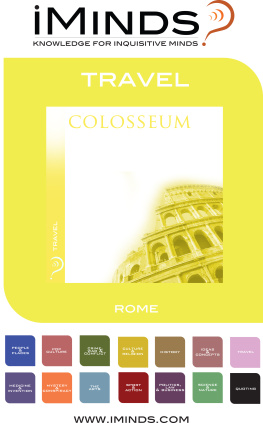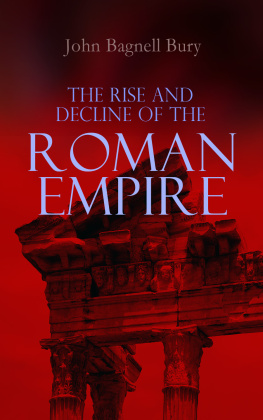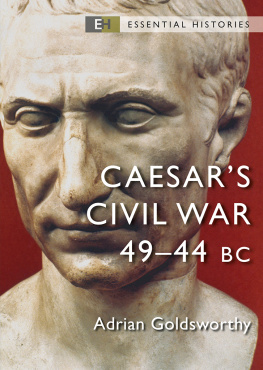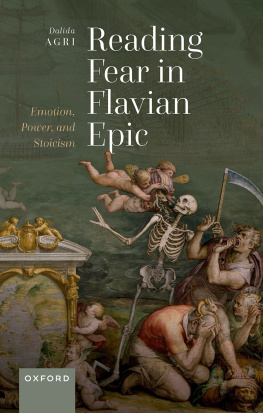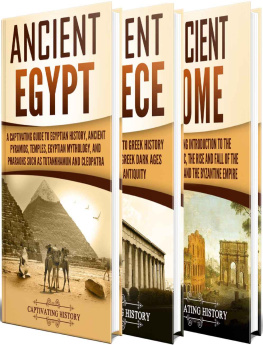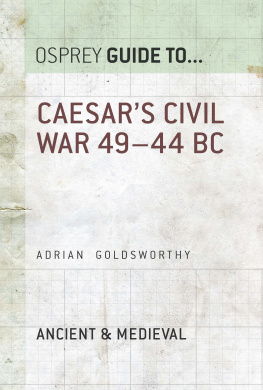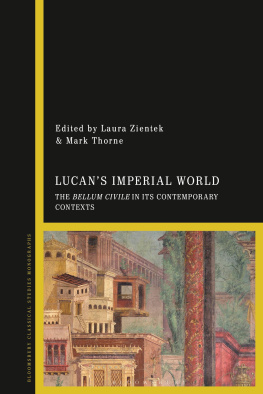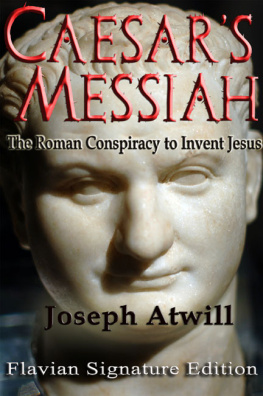Contents
Guide

After 69 CE Writing Civil War in Flavian Rome
Trends in Classics Supplementary Volumes

Edited by
Franco Montanari and Antonios Rengakos
Associate Editors
Evangelos Karakasis Fausto Montana Lara Pagani
Serena Perrone Evina Sistakou Christos Tsagalis
Scientific Committee
Alberto Bernab Margarethe Billerbeck
Claude Calame Jonas Grethlein Philip R. Hardie
Stephen J. Harrison Richard Hunter Christina Kraus
Giuseppe Mastromarco Gregory Nagy
Theodore D. Papanghelis Giusto Picone
Tim Whitmarsh Bernhard Zimmermann
Volume 65
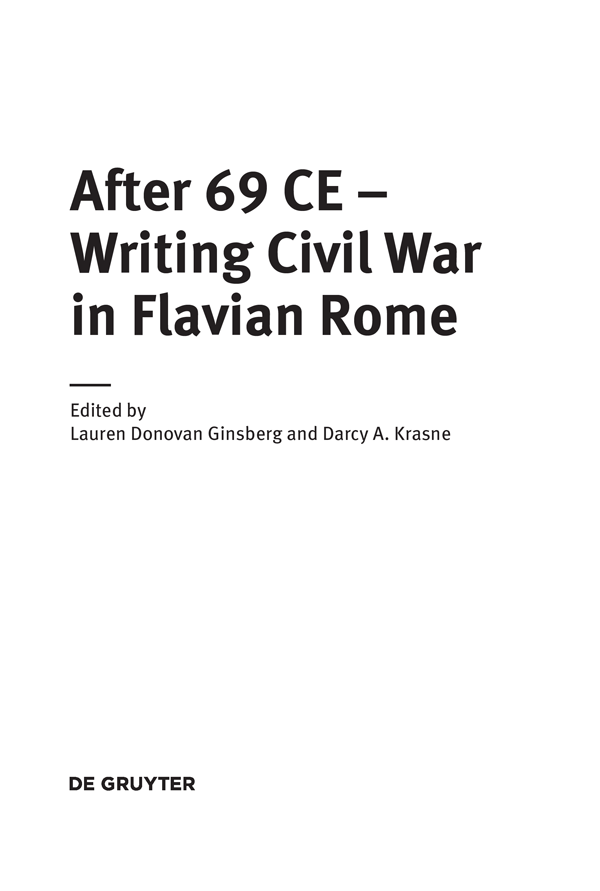
ISBN 978-3-11-058396-0
e-ISBN (PDF) 978-3-11-058584-1
e-ISBN (EPUB) 978-3-11-058474-5
ISSN 1868-4785
Library of Congress Control Number: 2018962690
Bibliographic information published by the Deutsche Nationalbibliothek
The Deutsche Nationalbibliothek lists this publication in the Deutsche Nationalbibliografie;
detailed bibliographic data are available on the Internet at http://dnb.dnb.de.
2018 Walter de Gruyter GmbH, Berlin/Boston
Editorial Office: Alessia Ferreccio and Katerina Zianna
Logo: Christopher Schneider, Laufen
www.degruyter.com

John Penwill
D M
Acknowledgments
This volume originates from an international conference, Writing About Civil War in Flavian Rome, held at the 8th Celtic Conference in Classics in Edinburgh, Scotland in the summer of 2014. The three days of the panel included 30 papers on Flavian literatures diverse responses to civil war. As only a subset of these are included in the present volume, we would like to single out for thanks the remaining panelists from Edinburgh, whose contributions of scholarship and insight at the conference implicitly and explicitly informed the subsequent shape of the project: Paolo Asso, Antony Augoustakis, Pramit Chaudhuri, Daniela Galli, Randall Ganiban, Dustin Heinen, Martijn Icks, Nicholas Rupert, Carey Seal, tienne Wolff, and Andrew Zissos. In addition to those that read papers, moreover, we also want to thank the participants who attended the sessions and contributed to the spirited dialogue and debate, whether on campus at the University of Edinburgh or up the road at the Abbey Bar, where conversation often continued into the night. As Anton Powell, founder of the CCC, once said, there is a special correlation between pub and publication, and the Abbey demonstrated the veracity of this idea. Indeed, Anton Powell himself deserves a special mention, not just for his continued commitment to the CCC and its unique format, but for his own enthusiastic participation in our panel and his encouragement to publish its papers; and we also thank Douglas Cairns, Anton Powells co-organizer of the CCC in 2014, for organizing the event and its logistics. Another to whom we owe a special debt of gratitude is Antony Augoustakis, who has provided much advice as this project developed. We also wish to thank the editorial team at De Gruyter and the Trends in Classics series, and the anonymous reviewers for their many suggestions that strengthened the volume in uncountable ways. Additionally, we are grateful to our supportive colleagues at Columbia University, the University of Cincinnati, and the University of Missouri-Columbia; and we consider ourselves particularly lucky that Darcy Krasne had Ray Marks, a fellow Flavianist, as a colleague at Mizzou throughout much of this project.
We were also fortunate to receive material and financial support for this project from a variety of sources. The librarians and staff at the John Miller Burnam Classics Library of the University of Cincinnati, the Arthur and Janet C. Ross Library of the American Academy of Rome, and the various libraries and reading rooms of the University of Missouri, Columbia University, and UCLA all helped us with access to important materials throughout the projects development; Sally Krasne also helped with procuring materials from UCLA and travel logistics leading up to the conference. Key financial support came from the American Academy of Rome, the Louise Taft Semple Fund of the Department of Classics at the University of Cincinnati, and the Tytus Scholars Program at the University of Cincinnati. Finally, we wish to thank the writing group through which we, the editors, first began to collaborate as graduate students; without the creation of that group and the support of its members, the interactions that brought about this volume might never have happened.
On a different note, it was with great sadness that we learned of John Pen-wills passing as this project neared its conclusion. John was a characteristically enthusiastic participant in the original conference and a tireless supporter of the volume as it developed. We know that he was hard at work on changes to his essay that he had told us included additional bibliography that he was keen to engage with, such as Armitages important new work, Civil Wars: A History in Ideas (2017). Unfortunately and understandably, he was not able to pass along these revisions before his death. We are grateful to Frances Mills for her communication with us during a difficult time and for her help in ascertaining the status of Johns paper. In honor of his memory, we have printed the latest version of his essay that he had sent to us with minimal changes; and for his deep engagement with our CCC panel and this volume and for his myriad contributions to the wider field of Flavian literature, we dedicate this volume to John Penwill.
Introduction
Even those Romans who tried hardest not to speak of civil war found themselves reliving it in their writings.
Armitage 2017a, 59
nec iam recentia saeuae pacis exempla sed repetita bellorum ciuilium memoria captam totiens suis exercitibus urbem, uastitatem Italiae, direptiones prouinciarum, Pharsaliam Philippos et Perusiam ac Mutinam, nota publicarum cladium nomina, loquebantur. prope euersum orbem etiam cum de principatu inter bonos certaretur, sed mansisse C. Iulio, mansisse Caesare Augusto uictore imperium; mansuram fuisse sub Pompeio Brutoque rem publicam: nunc pro Othone an pro Vitellio in templa ituros? utrasque impias preces, utraque detestanda uota inter duos, quorum bello solum id scires, deteriorem fore qui uicisset. erant qui Vespasianum et arma Orientis augurarentur, et ut potior utroque Vespasianus, ita bellum aliud atque alias cladis horrebant.
Tac. Hist . 1.50.24
Their talk was no longer of the recent atrocities of a bloody peace, but resorting to the memory of civil wars, they spoke of a city repeatedly captured by its own armies, of the devastation of Italy, of the plundering of the provinces, of Pharsalia, Philippi, and Perusia, and Mutina, names notorious for public disaster. They said that the world had been nearly overturned even when the struggle for the principate was waged between honest men, but that the empire had remained when Gaius Julius won and had remained when Caesar Augustus won; that the Republic would have remained under Pompey and Brutus; but now should they go to the temples to pray for Otho, or for Vitellius? Prayers for either would be impious and vows for either detestable when, in the struggle between the two, the only thing you could know for sure was that the worse man would win. There were some who were looking to Vespasian and the armies in the East, and yet although Vespasian was a better option than either of the other two, they shuddered at another war and another massacre.

